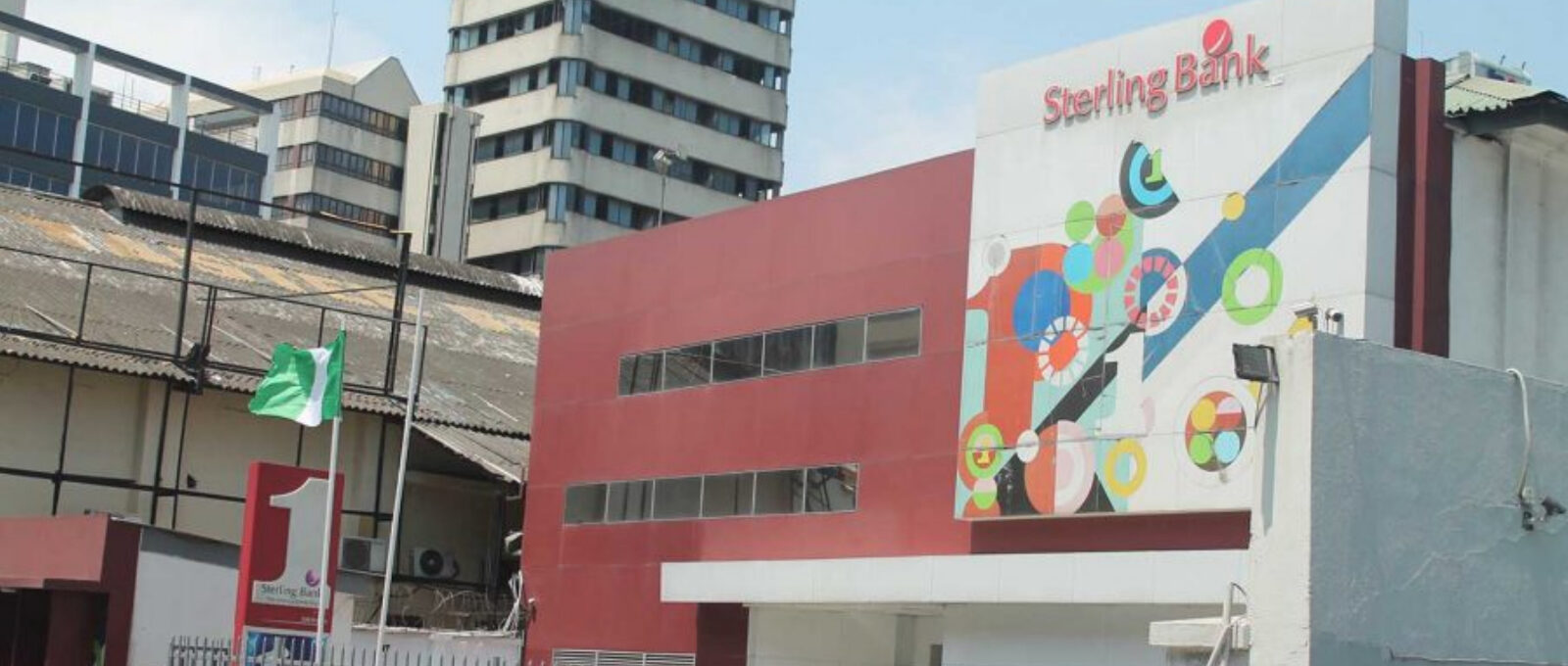The Central Bank of Nigeria (CBN) fined Sterling Bank N218 million for shutting down two branches without approval, amongst other contraventions.
Prime Business Africa learnt that Sterling Bank was sanctioned for the closure of two branches in 2020 and the acquisition of property for the establishment of new branches without CBN’s prior approval, leading to a penalty of N10 million and N20 million respectively.
Join our WhatsApp ChannelThe breakdown of the fine was obtained from Sterling Bank’s Annual Report, Consolidated and Separate Financial Statements for the year ended 31 December 2022, which was released on Wednesday.
Sterling Bank lost N2 million to non-compliance with the provision of section 3.3.1 (c) and (g) of CBN Consumer Protection Regulation 2019 (Unfair Contract Terms) in some of the Bank’s offer letters.
Also, the financial report disclosed that a fine of N10 million was paid for contravention of the circular on “The Need for the Prior Clearance of Prospective Employees” referenced BSD/DIR/GEN/LAB/07/044 dated December 1, 2014.
Other sanction Sterling Bank reported includes N62 million, which is payment for an infraction by defaulting bank under NEMSF 1 and N56 million for the late rendition of regulatory returns.
Sterling Bank also paid a fine of N2 million for contravention of the CBN Guideline on Operations of Electronic Payment Channels in Nigeria, in June 2020 on the resolution of ATM downtime/faults.
It was gathered that Sterling Bank also failed its risk asset examination in 2020, resulting in N4 million penalty. The firm also attracted N52 million fine relating to the risk-based supervisory report 2019 – 2020.
Meanwhile, Sterling Bank was delisted from the stock market four weeks ago, making way for its parent company or holding company, Sterling Financial Holdings Company.
Sterling Bank was restructured to become a subsidiary of Sterling Financial Holdings Company, which is also the parent company of the newly formed Alternative Bank Limited, a non-interest bank.
“Under the scheme of arrangement, Sterling Bank’s issued and paid-up share capital, valued at 28.8 billion outstanding shares, will be passed to the holding company in exchange for the allotment of the same units to shareholders.
“This move as ratified by the Nigerian Exchange follows an approval-in-principle for Sterling to convert to a non-operating financial holding company as granted by the Central Bank of Nigeria, and is expected to enable Sterling to continue to diversify its investment portfolio and expand its presence in the financial markets,” Sterling Bank wrote to explain the transformation.


















Follow Us